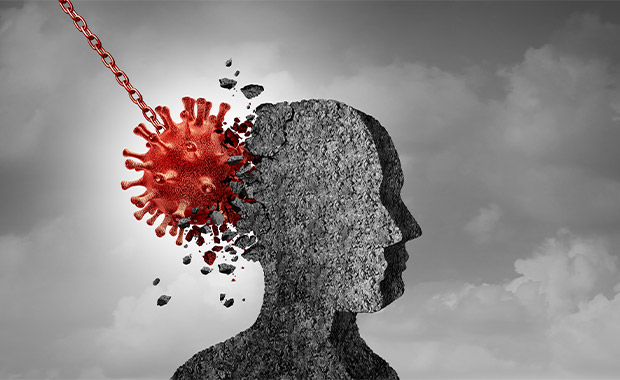Dr. Wilfred Van Gorp of the Center for Cognitive Assessment was interviewed by National Geographic for an article entitled “A ‘fake commute’ to school might be just what kids need”.
Excerpts:
“It’s actually a deactivation of the brain,” says neuropsychologist Wilfred van Gorp, director of the Cognitive Assessment Group in New York City. “If we were to do functional brain imaging, we’d see all kinds of bright lights and activity when the child is learning. When the child is on the school bus, talking to other kids and just having fun, the brain is much less active.”
That turns out to be a good thing. “We don’t want the lights on all day long, 24/7, because they’ll burn out faster,” van Gorp explains. “We want the lights a little dimmer sometimes, and that’s what’s happening in the brain.”
Providing the brain with downtime helps it recover from activity and recharge, which van Gorp suspects has something to do with the brain’s electrical activity. During states of wakeful rest—meaning we’re awake but not focused on anything too complex—our brains produce alpha waves, which help us relax and feel calmer. That restful state is likely what kids are experiencing during a low-stress commute, such as a walk or a bus ride—and what they might experience during a fake commute.
Van Gorp says 10 minutes or less is plenty of time to get the benefits of a fake commute. The key, experts agree, is making it into a routine. “It has to be a set thing that the child knows is going to happen and that they look forward to,” he says.
What happens afterward matters, too. “It’s important that the child have a designated place for their remote learning,” van Gorp says. Attending virtual classes in a consistent place each day signals to kids’ brains that it’s time for school. That way, they feel like they’re “commuting” to and from a classroom—even if they’re staying home.
Van Gorp suggests a short, pre-school video call with kids from the old commute, creating an “imaginary school bus ride.” (No need to be in motion, though kids could try it while walking if it feels like fun.)
Read the entire article here. (Requires a free signup to read the entire article.)


